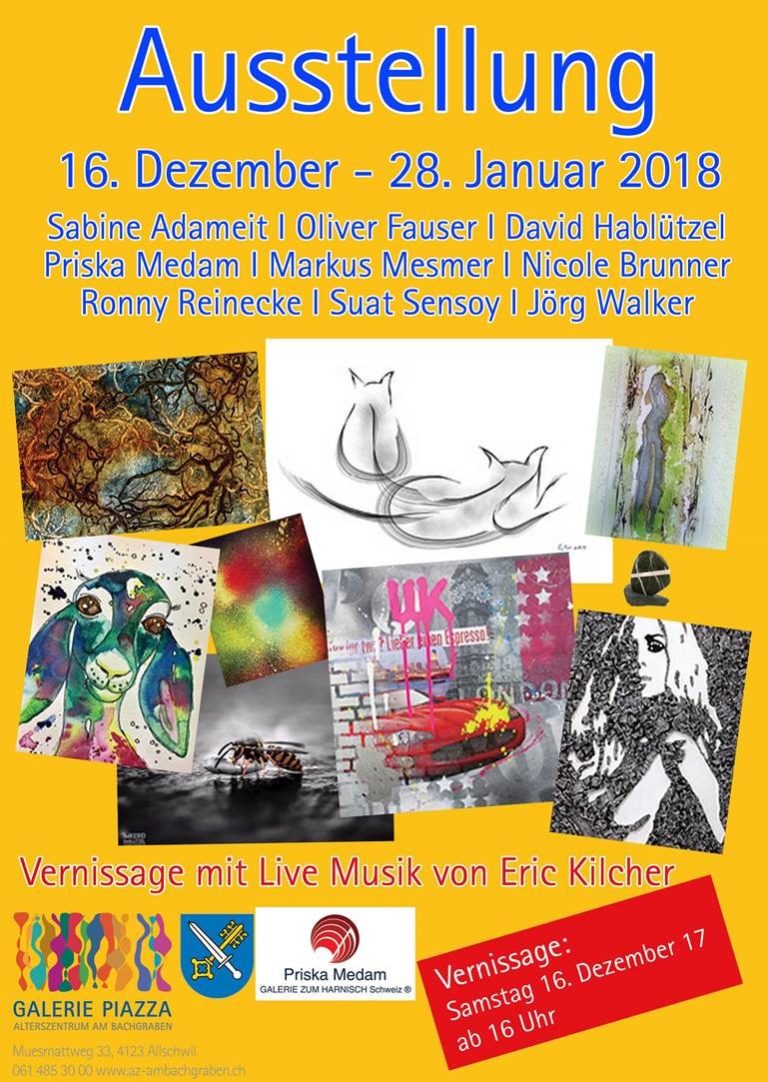
Matevosyan, a philology professor at Yerevan State University-could appeal to people and nations all over the world through his scrutiny of social oppression and exploitation. Charents-who is described as the “Che Guevara of Armenian poetry” by Armine I. He reels through the works of famous Armenian poets including Yeghishe Charents, Hovhannes Tumanyan, Avetik Ishakayan, and Sayat-Nova during our conversation.Īrmenia has a long history of writers and poets who are let down by either poor or non-existent translations. When asked a question, he might provide half an answer before deciding instead to recite a poem. He then translates it into Armenian for a local woman browsing through the wobbling towers of books.Ī linear conversation with Frunzik is almost impossible. He recites “The Star” slowly, word-for-word, stripping away the melody and thus turning the simple lyrics sound into something more profound.

The first, he recalls, was “The Star,” a 19th-century poem by Jane Taylor-more commonly known as the children’s lullaby, “Twinkle, Twinkle, Little Star.” A teacher once told him, as a kid in Vanadzor, to try and learn a new poem in English every day. His love of poetry developed at school too. Fruznik laughs as he recalls his youth: “All the other students would ask the teacher, ‘Who is right?’ And she would say, ‘Mine is not wrong, but Frunzik’s is preferable.’” There, he would correct his lecturers’ mistakes when they translated into English. Fruznik displayed a knack for languages and moved to Yerevan in 1965 to study at the Foreign Languages School. Though foreign language education was widely available in the Russian Republic, schools in states that made up the rest of the Soviet Union, such as Armenia, often only taught Russian and the local language in Fruznik’s case, Armenian.īut he wanted to learn more. The youngest of four children with a war hero father who fought in Crimea, Frunzik attended a school that was something of an exception: Its students not only learned English, but they also had a British-born teacher. Fruznik was born in 1943, in the city of Vanadzor, then known as Kirovakan under the rule of the Soviet Union. It is somewhat of a surprise to find an elderly Armenian with such a firm grasp of English here in Yerevan. “There is no other thoughts in his brain.” “That man only likes to drink and think about business,” Fruznik says. Off the cuff now, he tells me, “The man who likes poems, he likes himself and his people.” Then he points at a neighboring bookseller with a cigarette hanging from his mouth. Every sale is concluded with a boyish handshake and a wide grin. He protects himself from the cold with an old blue winter coat and layers of sweaters. A white baseball cap stands slightly wonky on his head. He has grey, three-day stubble and a mouth addicted to smiling.

For more than fifty of his seventy-five years, he has been reproducing Armenian poetry in the English language.įrunzik stoops over his books, then squeezes between the tables which support them to rummage through boxes, looking for a specific publication requested by a customer. He’s reciting a verse by the poet Hamo Sahyan, translated from the Armenian into English by Fruznik himself. At a busy outdoor market in Yerevan, Armenia, stallholder, and bookseller Frunzik Tadevosyan stands next to his piles of books and says, “Our language is our conscious, the holy bread of our table.”


 0 kommentar(er)
0 kommentar(er)
